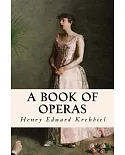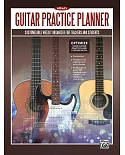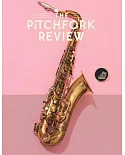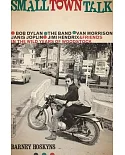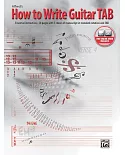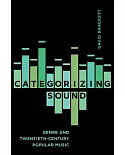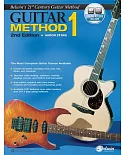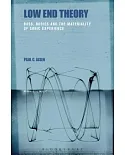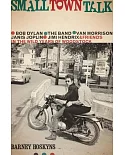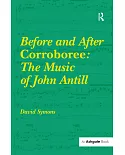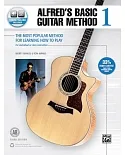This book bridges a gap in existing scholarship by foregrounding the contribution of women to the nineteenth-century Lied. Building on the pioneering work of scholars in recent years, it
consolidates recent research on women’s achievements in the genre, and develops an alternative narrative of the Lied that embraces an understanding of the contributions of women, and of the
contexts of their engagement with German song and related genres. Lieder composers including Fanny Hensel, Clara Schumann, Pauline Viardot-Garcia and Josephine Lang are considered with a
stimulating variety of analytical approaches. In addition to the focus on composers associated with history and theory of the Lied, the various chapters explore the cultural and sociological
background to the Lied’s musical environment, as well as engaging with gender studies and discussing performance and pedagogical contexts. The range of subject matter reflects the
interdisciplinary nature of current research in the field, and the energy it generates among scholars and performers. Women and the Nineteenth-Century Lied aims to widen readers’ perception
of the genre and help promote awareness of women’s contribution to nineteenth-century musical life through critical appraisal of the cultural context of the Lied, encouraging acquaintance
with the voices of women composers, and the variety of their contributions to the repertoire.


